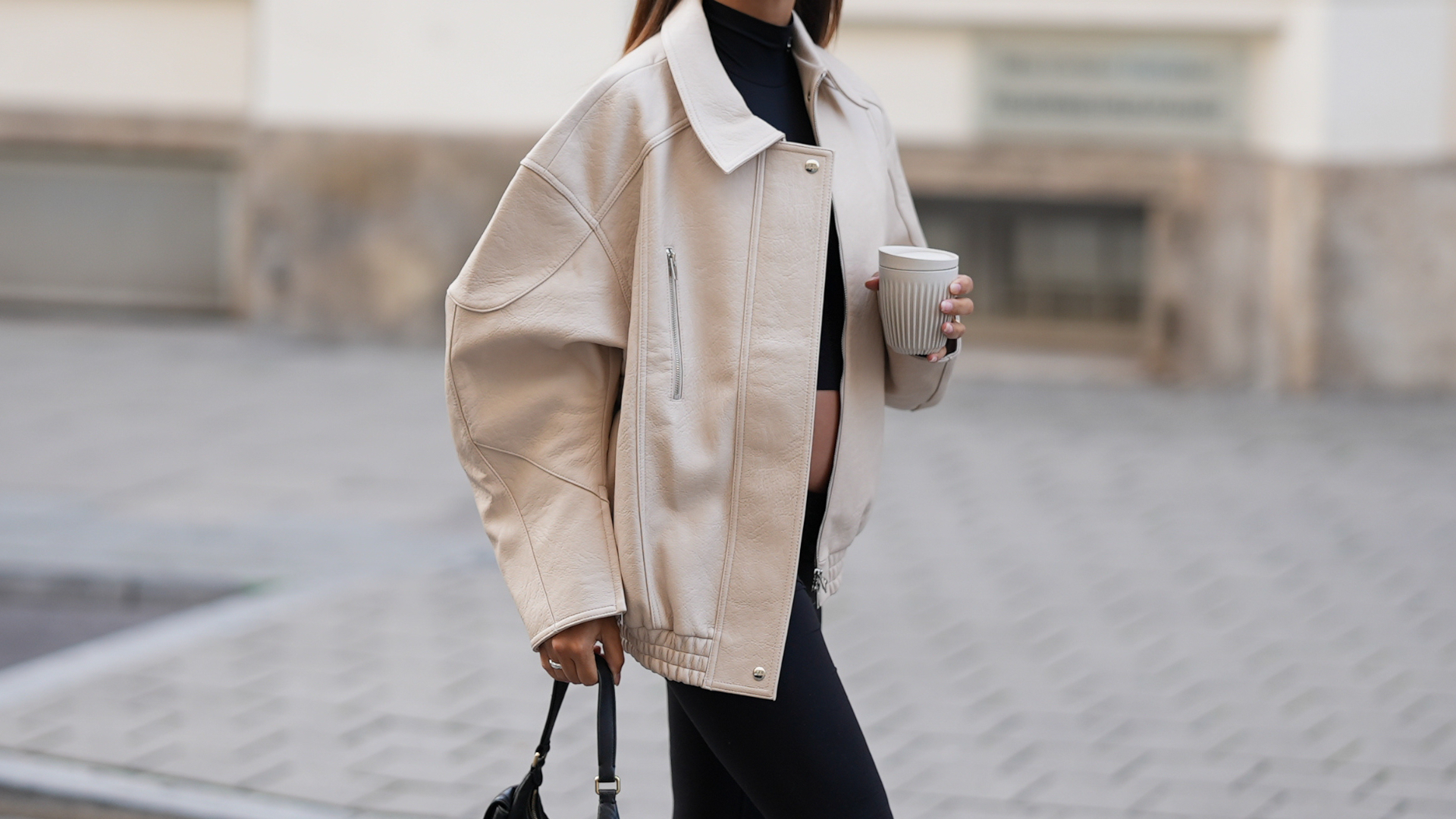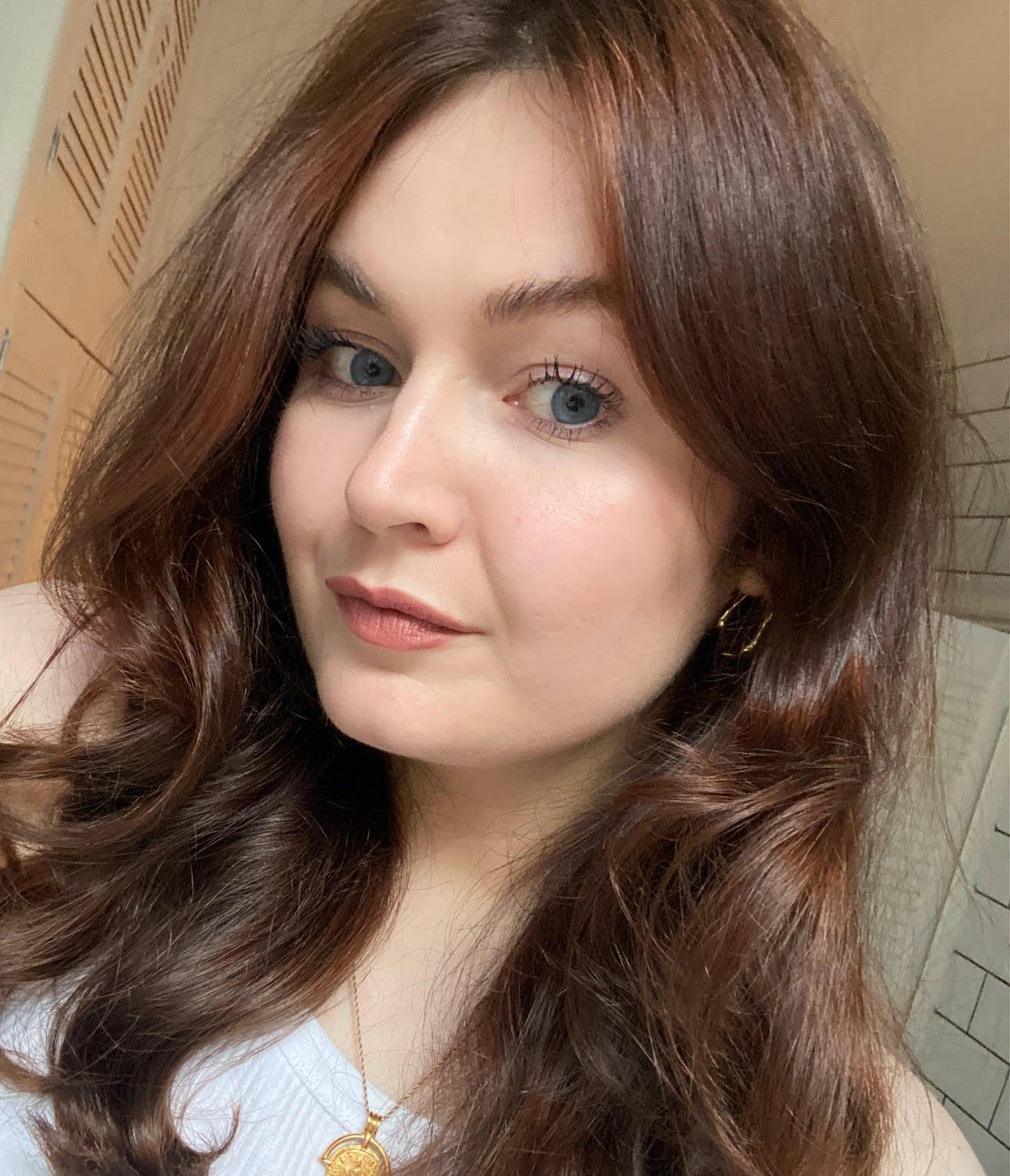Could Your Daily Matcha Latte Be Affecting Your Hair? Experts Weigh In on the Surprising Connection
Experts break it down


If you spend any time on social media and have a beauty-based algorithm, you’ve probably seen discussions linking matcha and hair loss. The benefits of matcha are much discussed in wellness spaces, even influencing the beauty space in everything from 2025 nail trends to matcha skincare—and lots of people love drinking matcha. So when the discussion began on social media, potentially linking it with hair loss, concern understandably spiked.
But often with viral social media discourse, things aren’t always what they seem. How much of this is based on scientific evidence, and how much may have been inflated thanks to social media virality? To get to the bottom of these claims, I spoke with two hair experts to get their insights into the links between matcha and hair loss.
Does matcha cause hair loss?
The short answer is no, not directly. “The idea that matcha causes hair loss comes from the fact that it contains natural plant compounds that can make it harder for the body to absorb iron from food,” says hair transplant surgeon Dr Bessam Farjo, co-founder and director of The Farjo Hair Institute. “Low iron levels have been linked to temporary hair shedding, though research results are mixed.”
The important thing to remember is this: “There’s no solid scientific evidence showing that matcha directly causes hair loss,” says Dr Farjo. In other words, simply drinking matcha is not going to suddenly cause a person’s hair to fall out. “The concern is mostly theoretical in that drinking very large amounts could worsen iron levels in people who are already low in iron, which might then lead to more hair fall,” he explains. “But the drink itself doesn’t damage hair follicles.”
What are the links between matcha and hair loss?
The links between hair loss and matcha stem from the latter potentially affecting our iron absorption. “From evidence-based research, polyphenols found in matcha and other teas can interfere with iron absorption in the gut,” explains consultant dermatologist Dr Aamna Adel, founder of rhute. “High levels of these compounds may contribute to iron deficiency, which is a common cause of hair shedding.” However, “A significant daily intake of matcha would be required for polyphenol concentrations in the body to reach levels that can affect iron absorption.”
It’s also important to note that this phenomenon doesn’t affect everyone. “Individuals who are already susceptible to iron deficiency and consume large amounts of matcha may be at a higher risk of developing or worsening iron deficiency,” says Dr Adel. “However, for most people, drinking matcha daily is unlikely to cause iron deficiency or contribute to hair thinning, as you’d have to consume large amounts.”
Dr Farjo echoes this: “For most people, matcha in moderation is perfectly safe and does not cause hair loss. The possible risk applies mainly to people who already have low iron levels. For these groups, it can help to avoid drinking matcha right before or after meals, as this is when it most affects iron absorption.” The bottom line? “Overall, this is a niche concern that only affects a very small number of people,” Dr Farjo concludes.
Celebrity news, beauty, fashion advice, and fascinating features, delivered straight to your inbox!
What should you do if you drink matcha and notice hair loss?
It's often easier said than done, but if you notice more hair coming out in the shower than usual, try not to stress; there are things you can do to get to the bottom of it. “First, don’t panic—noticing hair fall doesn’t automatically mean matcha is to blame,” Dr Farjo stresses. “Speak to your GP who can run blood tests to check your iron levels and other possible causes. If your iron is low, supplements and dietary changes can usually help.”
It may turn out that iron (and the odd matcha latte) aren’t to blame at all. “If your iron is normal, other triggers such as stress, thyroid issues, medication or genetic hair loss should be looked into,” Dr Farjo continues. “In most cases, once the underlying issue is corrected, hair growth returns to normal within a few months.”
While it’s unlikely that drinking matcha alone will lead to noticeable hair shedding, “Individuals who consume large amounts may be at greater risk if they are already prone to iron deficiency,” adds Dr Adel. “For individuals who regularly enjoy drinking matcha, maintaining a balanced diet that includes iron-rich foods alongside sources of vitamin C can help support iron absorption.”
And echoing Dr Farjo’s earlier comments: “Additionally, it is best to avoid consuming matcha with meals, as its polyphenol content may interfere with iron uptake in the gut.”

Lucy is a freelance beauty editor and contributor at Marie Claire, and has also written for titles including Cosmopolitan, Refinery29, Glamour and woman&home. She was previously Marie Claire’s junior beauty editor. During her career, she’s covered everything from backstage beauty at fashion week to interviews with famous faces like Drag Race royalty and Little Mix. As for her beauty ethos, she’s a big advocate for not having to spend a fortune on beauty products to get good results. When she’s not got beauty on the brain you’ll probably find her reading or Netflix-ing.